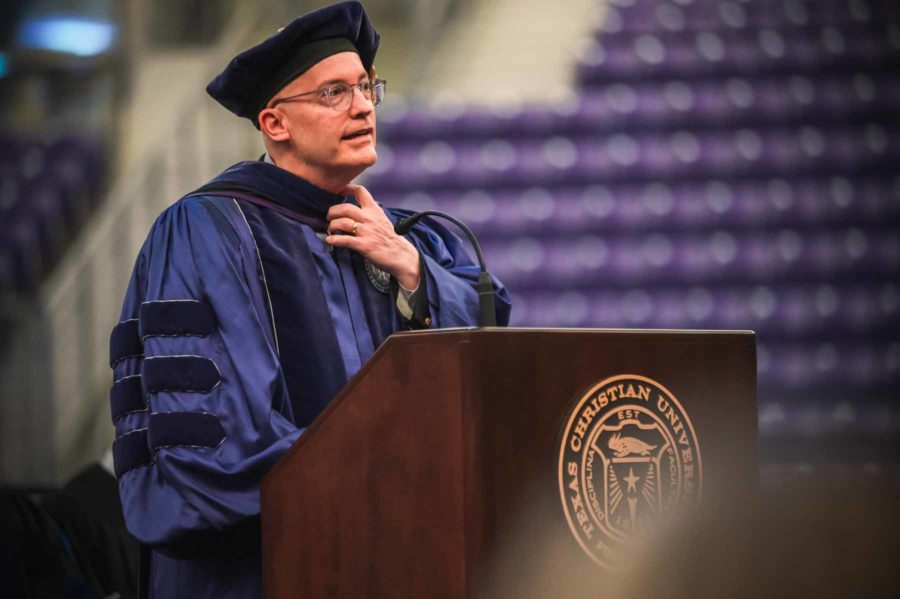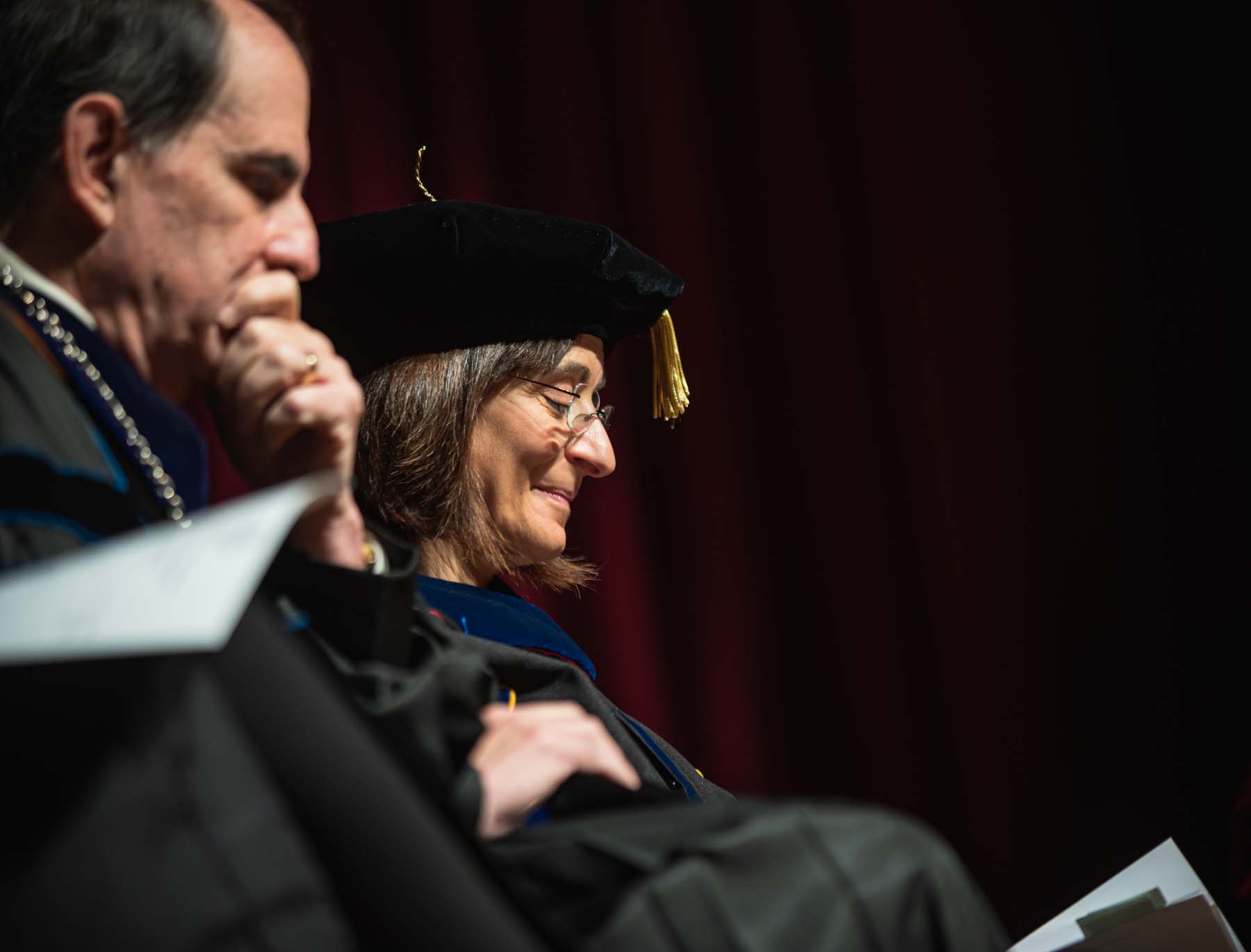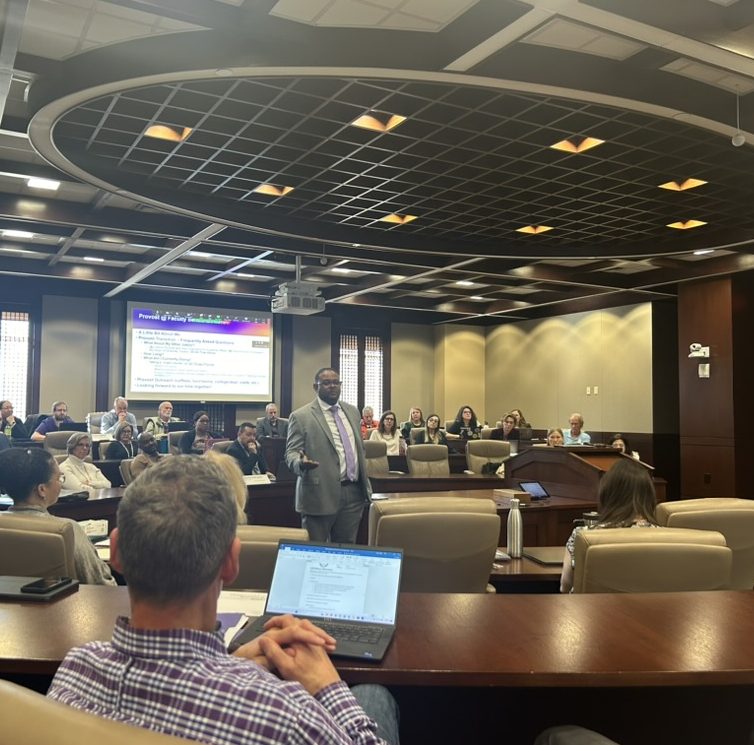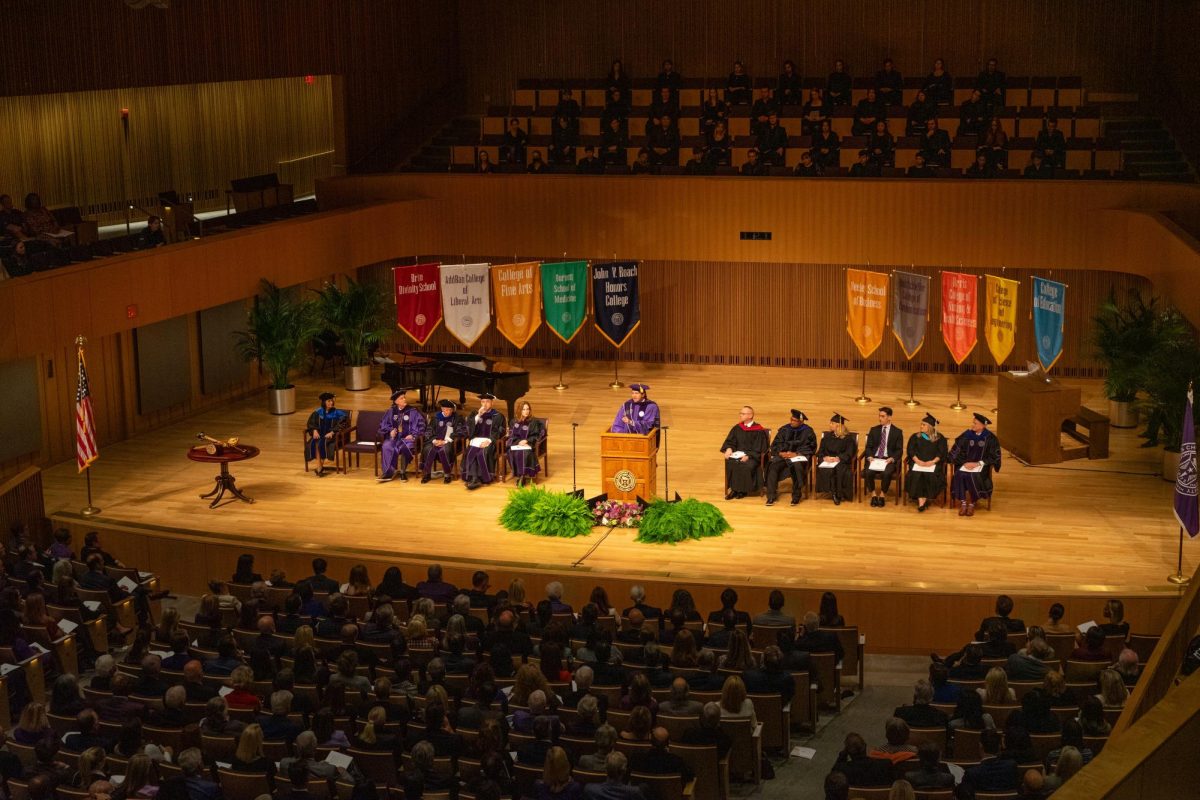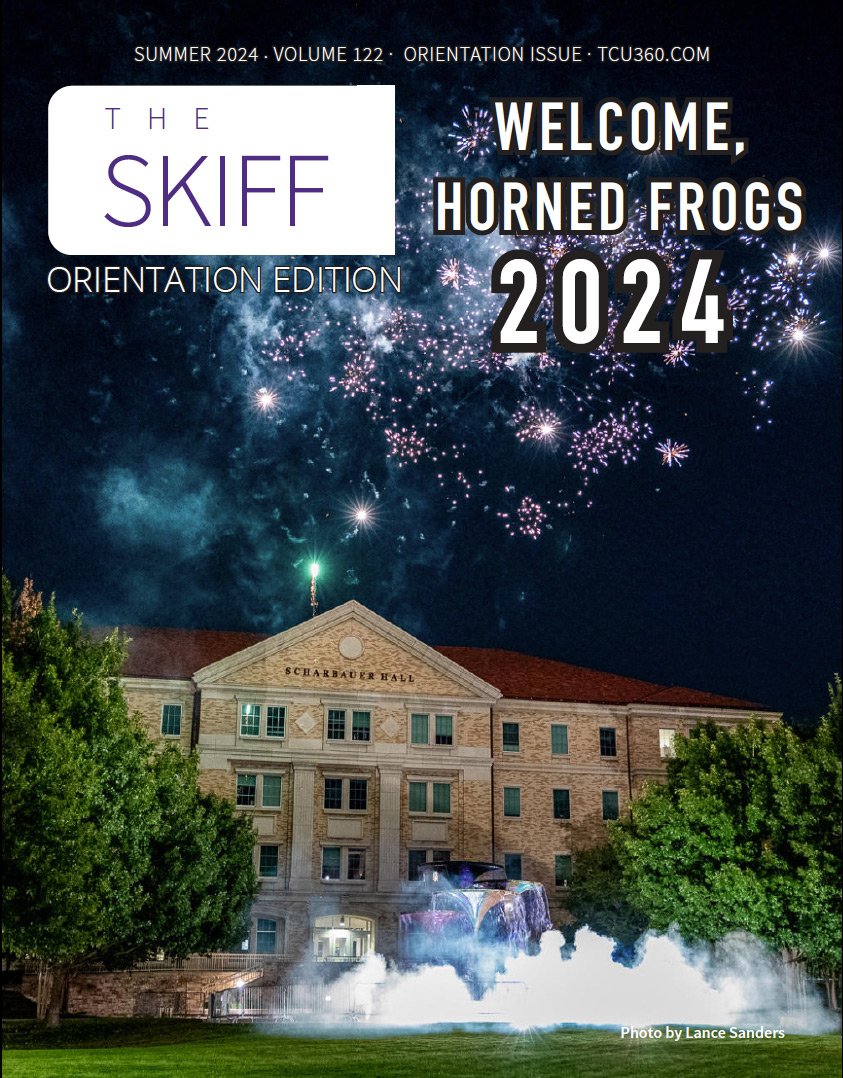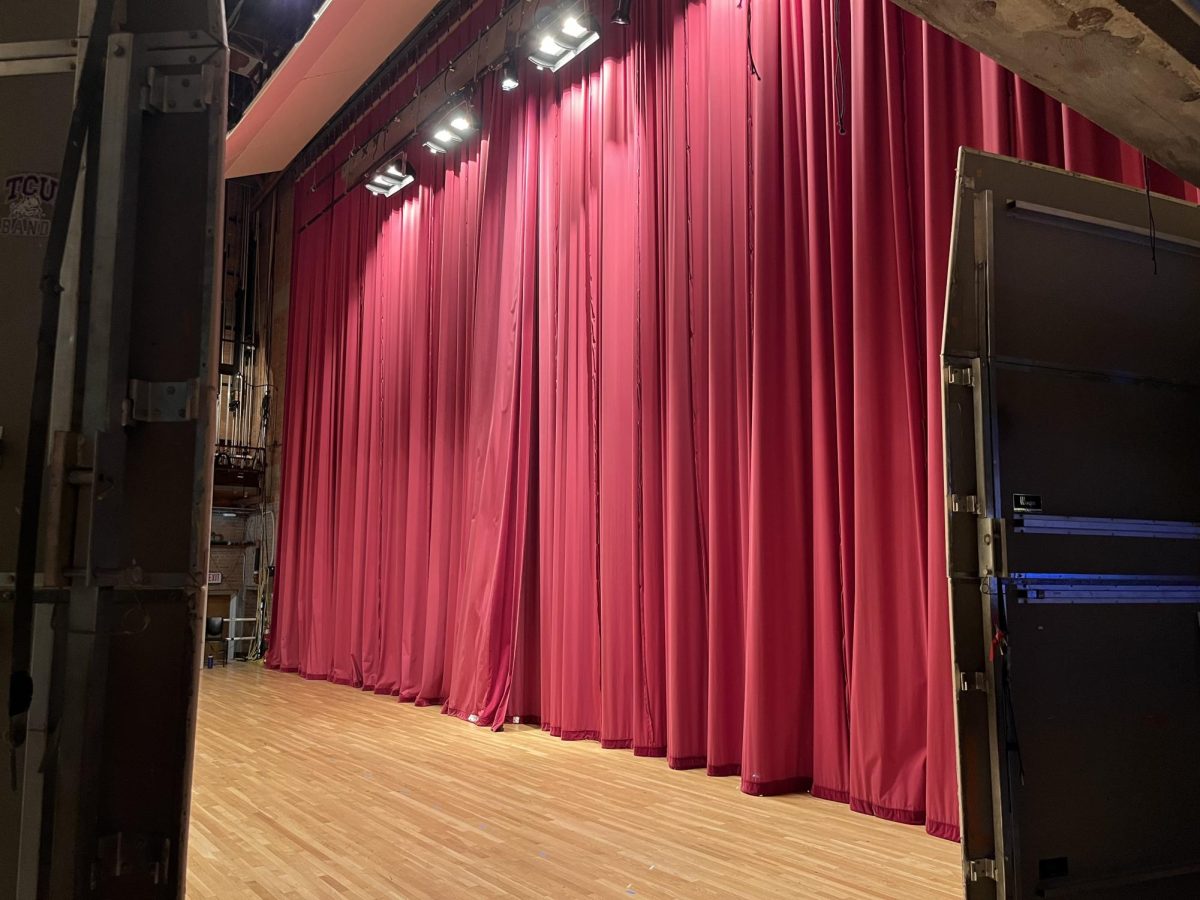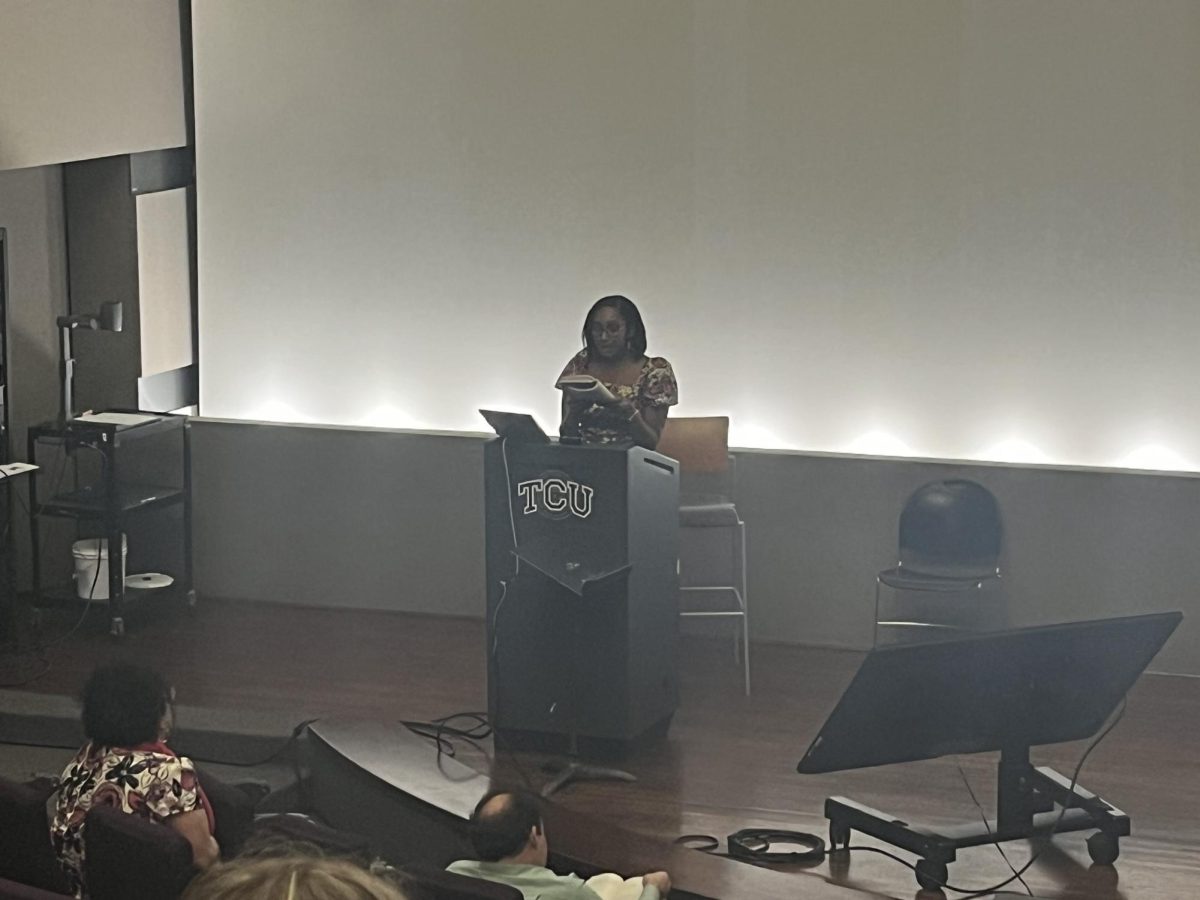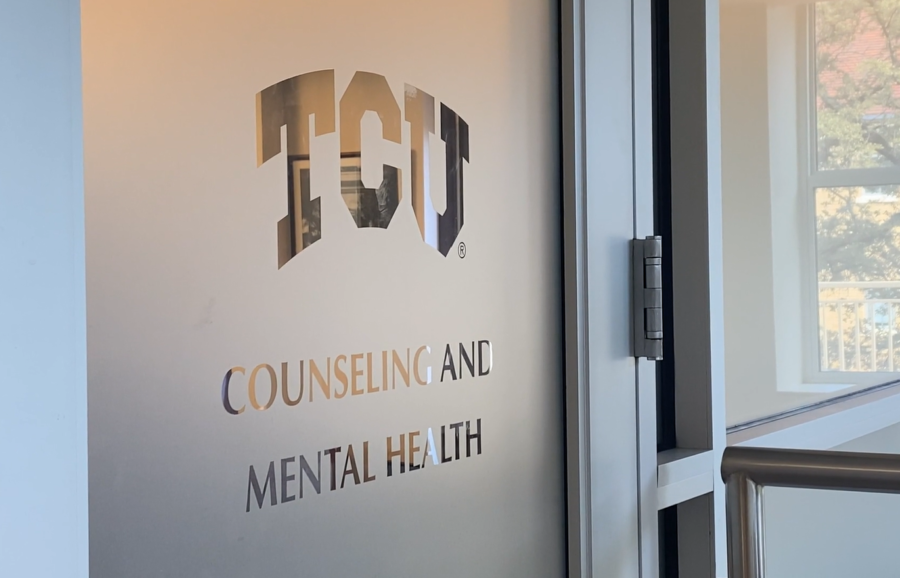TCU is putting together a team to study the university’s history with racism, slavery and the Confederacy.
The initiative, commissioned by Chancellor Victor Boschini and the board of trustees, was announced in an email sent Wednesday by Boschini and Mark Johnson, the chairman of the board.
“Reviewing, understanding and transparently sharing information about our history will make us a stronger institution as we plan for the years ahead,” the email said.
The announcement follows the recent deaths of George Floyd and “many others,” at a “pivotal point” in the country.
TCU is one of several universities to release a statement on racism and diversity, equity and inclusion (DEI) committees in the past few months, joining schools such as Texas A&M.
Earlier this year, a student group called the Coalition for University Justice & Equity (CUJE) called for the university to acknowledge its founders, Addison and Randolph Clark, were soldiers in the Confederate Army.

The new initiative is not the first DEI commission at TCU.
Some faculty and staff have been doing grassroots work for a few years, looking at TCU’s history, said Aisha Torrey-Sawyer, the director of diversity and inclusion initiatives. She said one person involved in that group was a part of the discussion about the new initiative.
Another project called the TCU Diverse History Project was created by the Women & Gender Studies and Comparative Race and Ethnic Studies departments. The project aimed to empower all members of the TCU community by encouraging the university to “research, engage and learn from histories of race, gender, sexuality and other social identities at TCU.”
“The goal of the project was to encourage all members of the TCU community to engage with these histories,” said Dr. Nino Testa, the associate director of Women & Gender Studies. Testa said the histories are sometimes embedded in legacies of discrimination, bias and exclusion.
More than 150 students have worked on the project since spring 2018. The departments plan to execute their project through three arms: curriculum and class assignments, events, programs and exhibits, and a portrait project that needs funding from the university.
The project has researched women of color at TCU, LGBTQ discrimination on campus and the early implementation of Title XI. However, it has not studied TCU’s involvement in slavery and the Confederacy.
Studying and understanding these histories makes the university better situated to create a diverse and inclusive campus, Testa said.
Testa and Dr. Jacqueline Lambiase, the department chair of strategic communication, were invited by the chancellor to a meeting with the provost two weeks ago to discuss researching race and history at TCU.
The provost and a few others met with Lambiase last month to discuss the grassroots work done by Testa, Torrey-Swayer and Timeka Gordon, the director for Inclusiveness and Intercultural Services.
“I think that was definitely part of the foundation of the work ahead,” Lambiase said when asked how the prior works had influenced the future initiative.
The Diverse History Project leaders have been talking about researching the founders’ history with the Confederacy, but it has felt like a third rail to them, Testa said.
“I was really pleased to read that the chancellor and board are interested in interrogating this history and rethinking how we tell the story of TCU’s founding,” Testa said in regards to the new project. “With this sort of mandate, I think a lot of possibilities open up for people who have been doing this work.”
Provost Teresa Dahlberg will lead the new initiative and help put together a group of people who will provide a thorough investigation of the university’s history, the email said.
“A group of faculty and staff have been working on projects with similar goals for years,” Dahlberg said. “We are first engaging them so that we can build upon what has already been done.”
The initiative, which will need involvement from alumni and community members, received unanimous support from the board of trustees.
“I am excited that Board Chairman Johnson and Chancellor Boschini have commissioned an initiative to study TCU’s own experiences with racism, slavery and the Confederacy,” Dahlberg wrote in an email sent Thursday to faculty and staff. “There are faculty and staff at TCU who have been working on projects with similar goals for years. We are first engaging with these colleagues to build upon what has been done, and then will start reaching out to people who have so passionately expressed interest in this initiative.”
Details about the effort will be released when the members of the initiative are chosen, the email said.
“We firmly believe that comprehensively examining and addressing our history will be part of what makes us a more inclusive TCU, providing an even stronger foundation on which to build our future,” according to the chancellor’s email.


